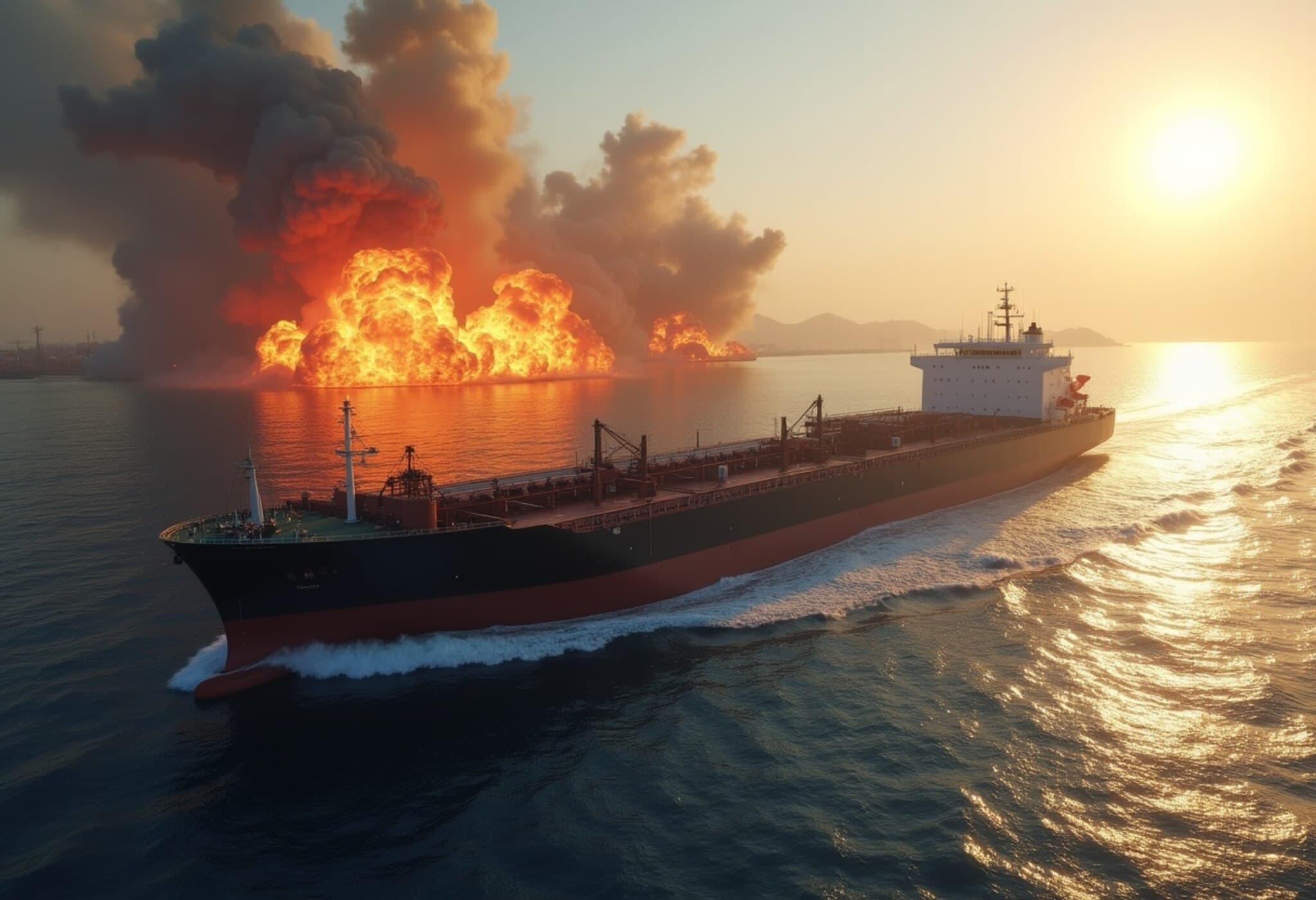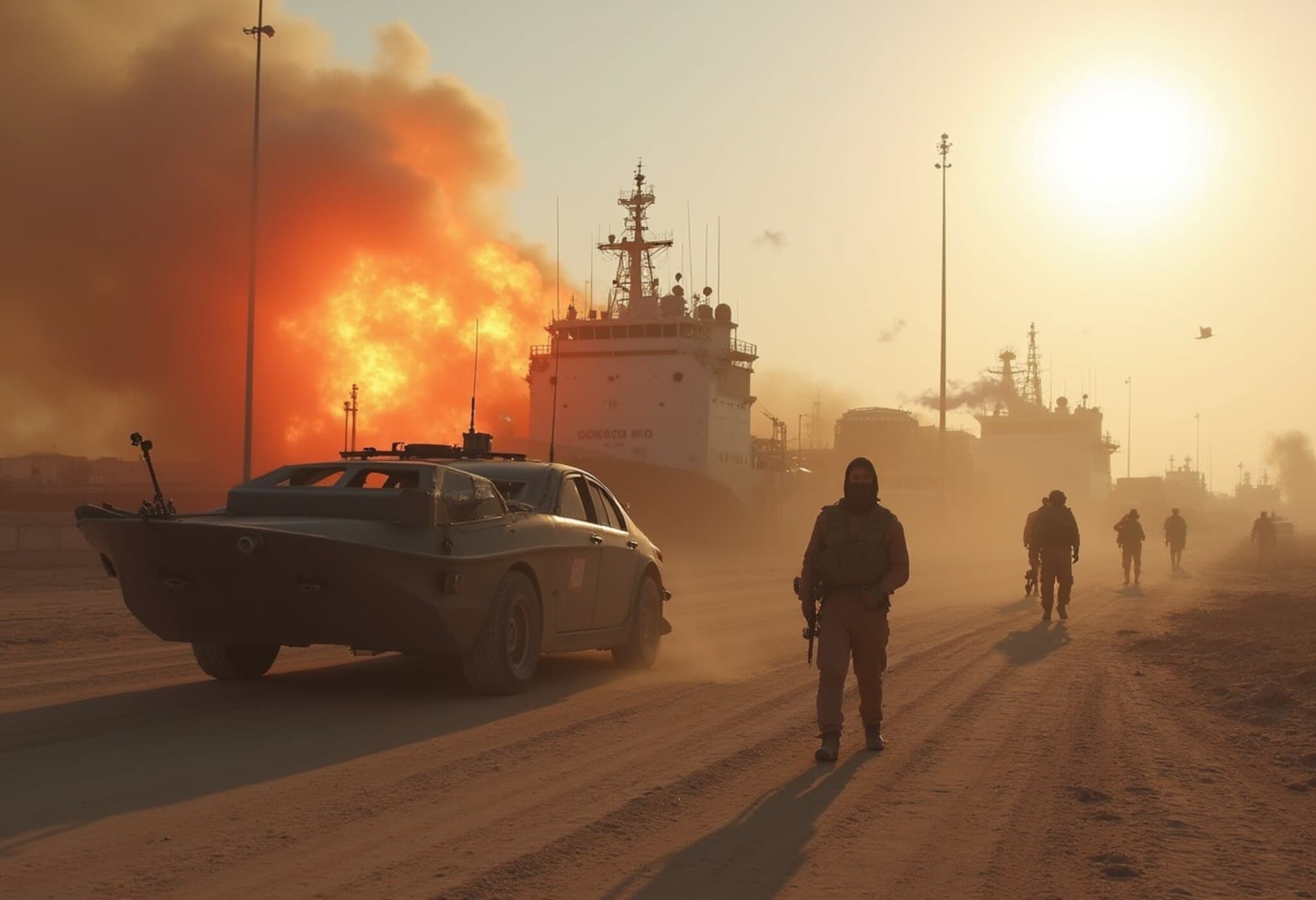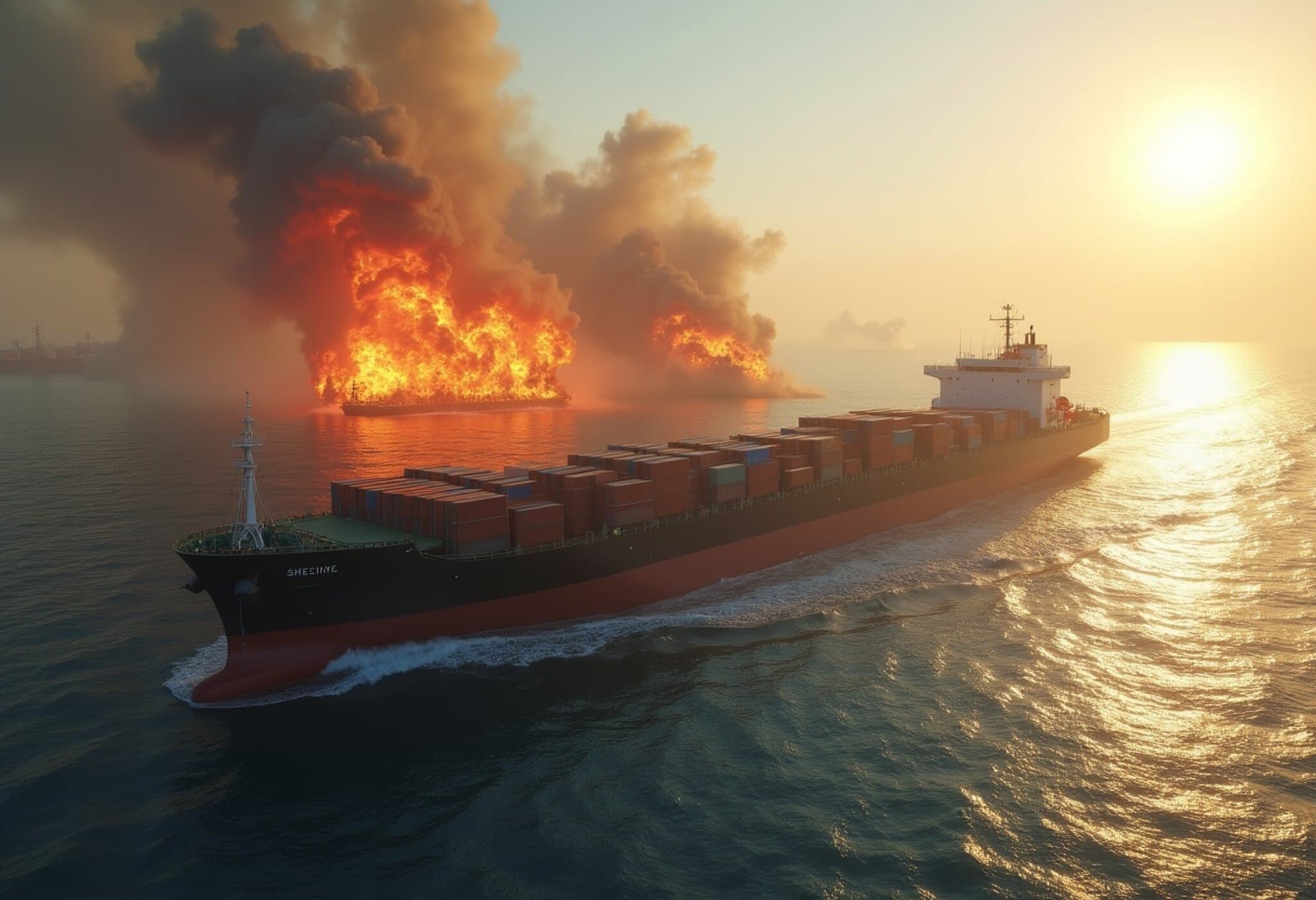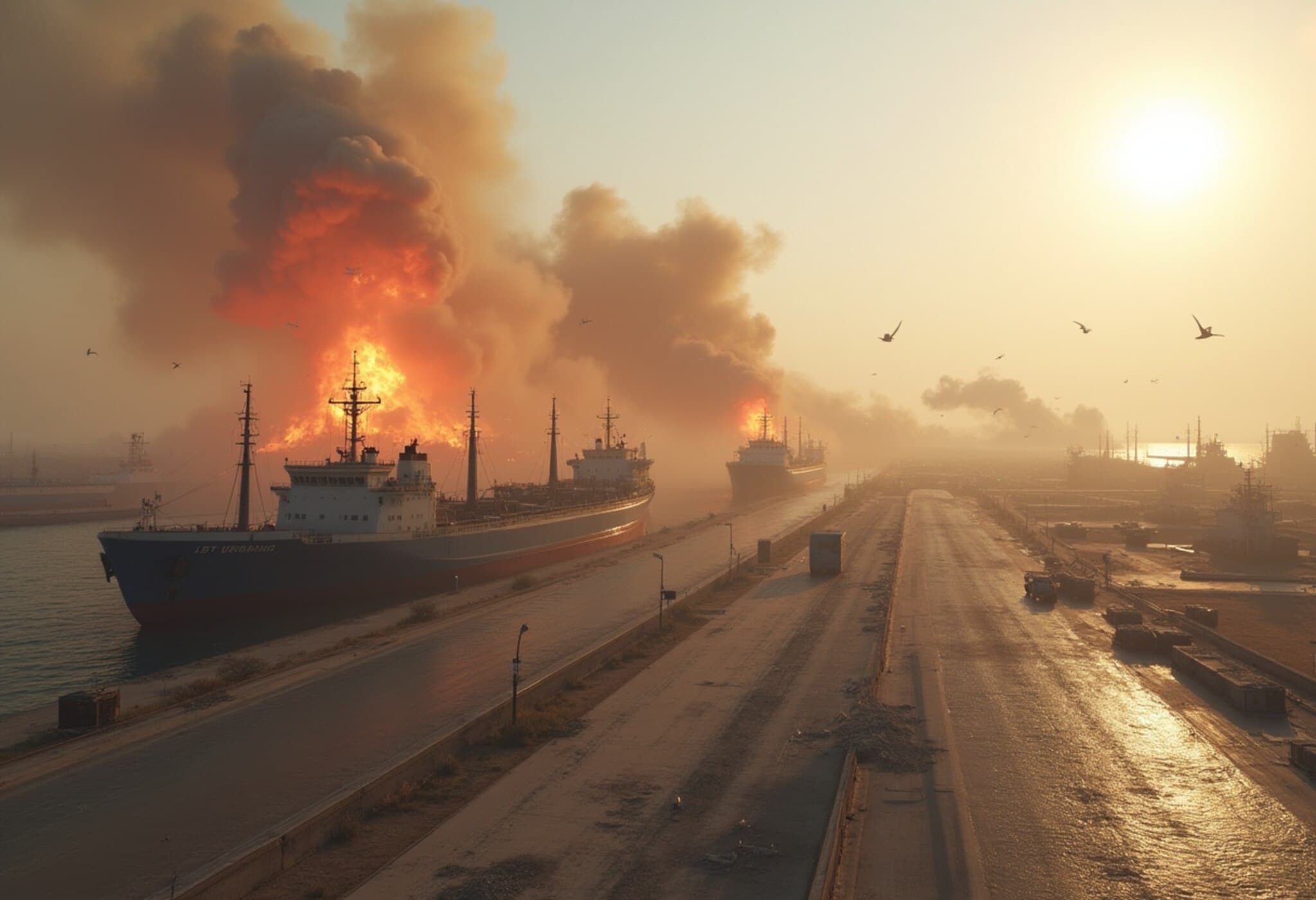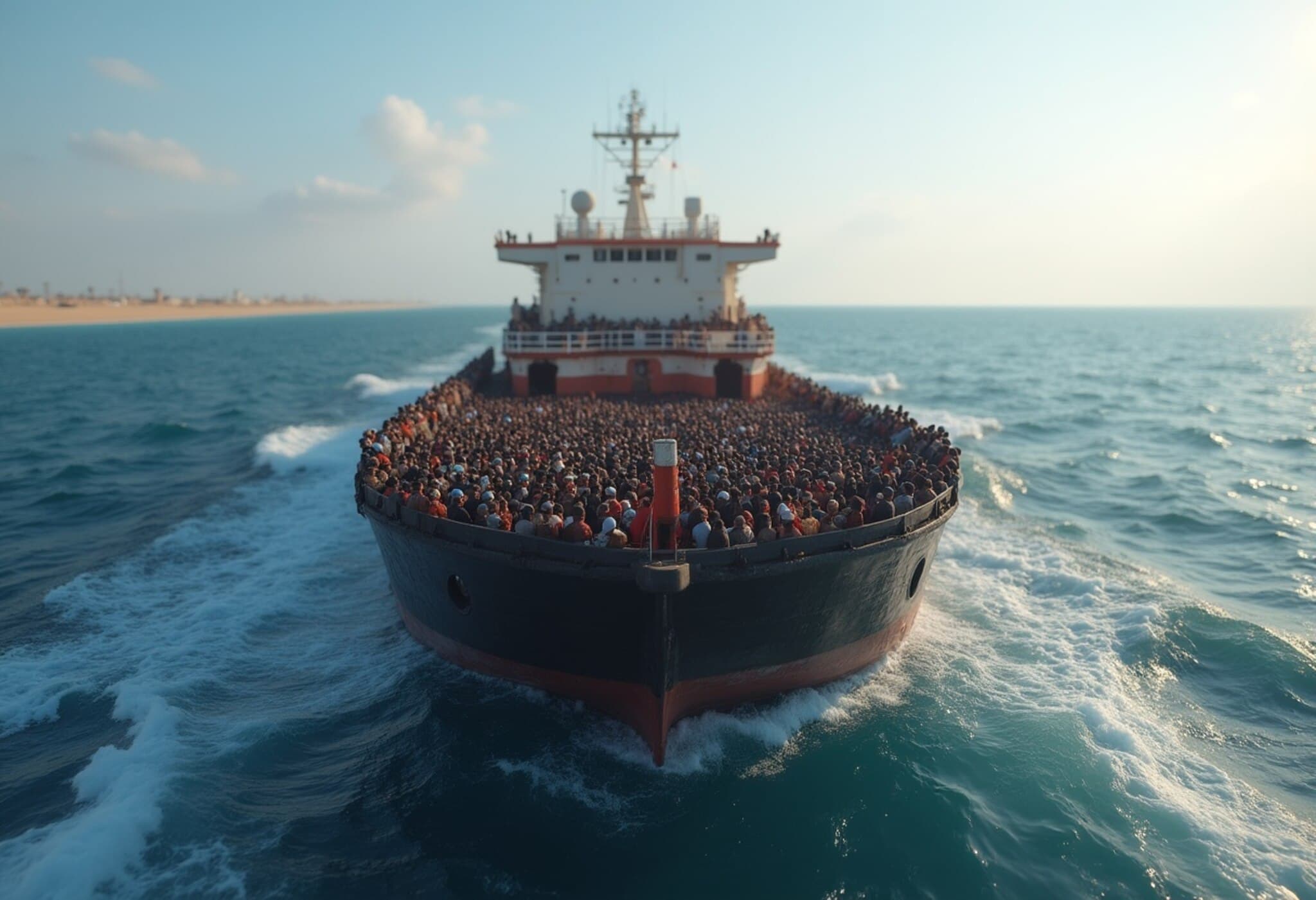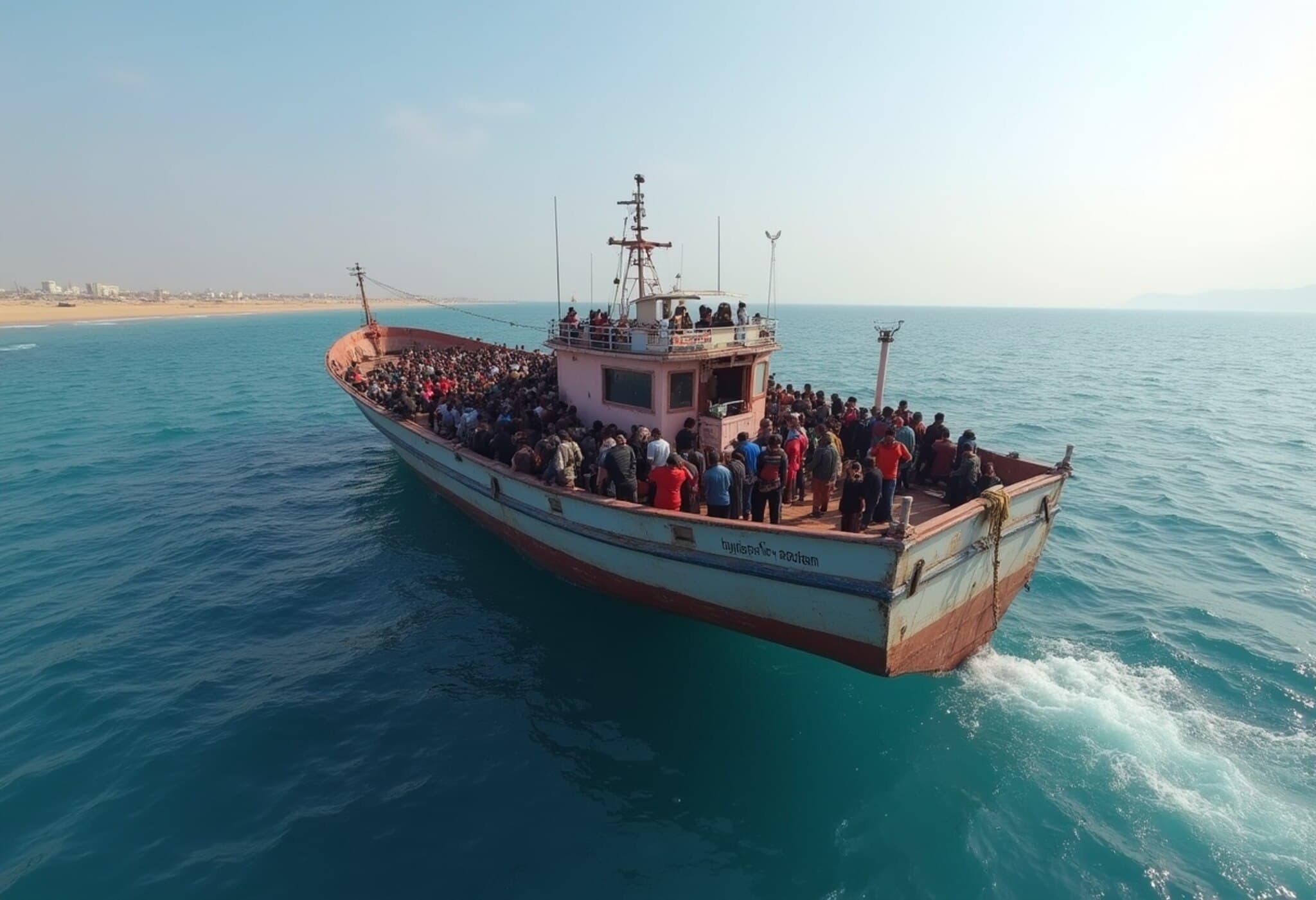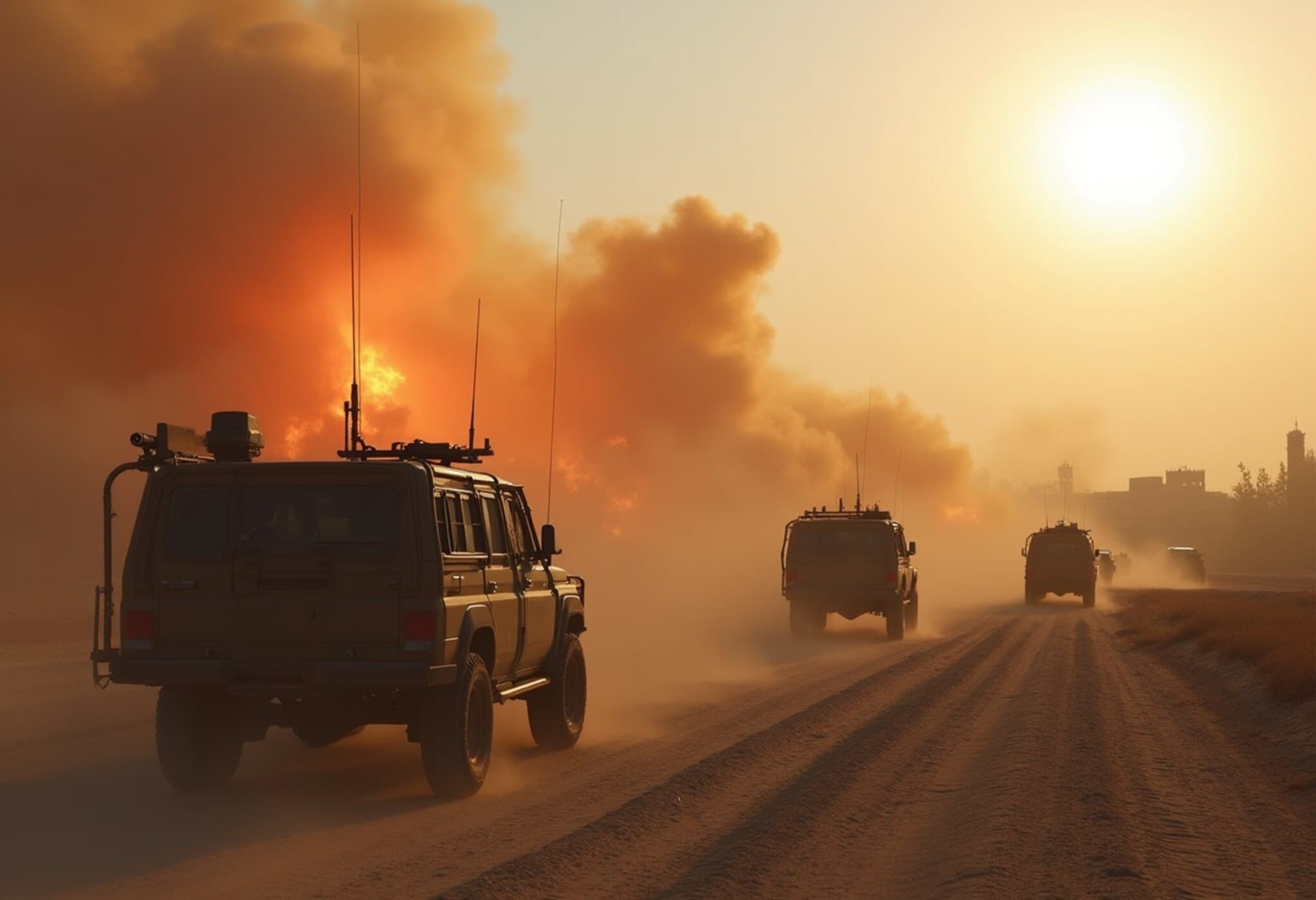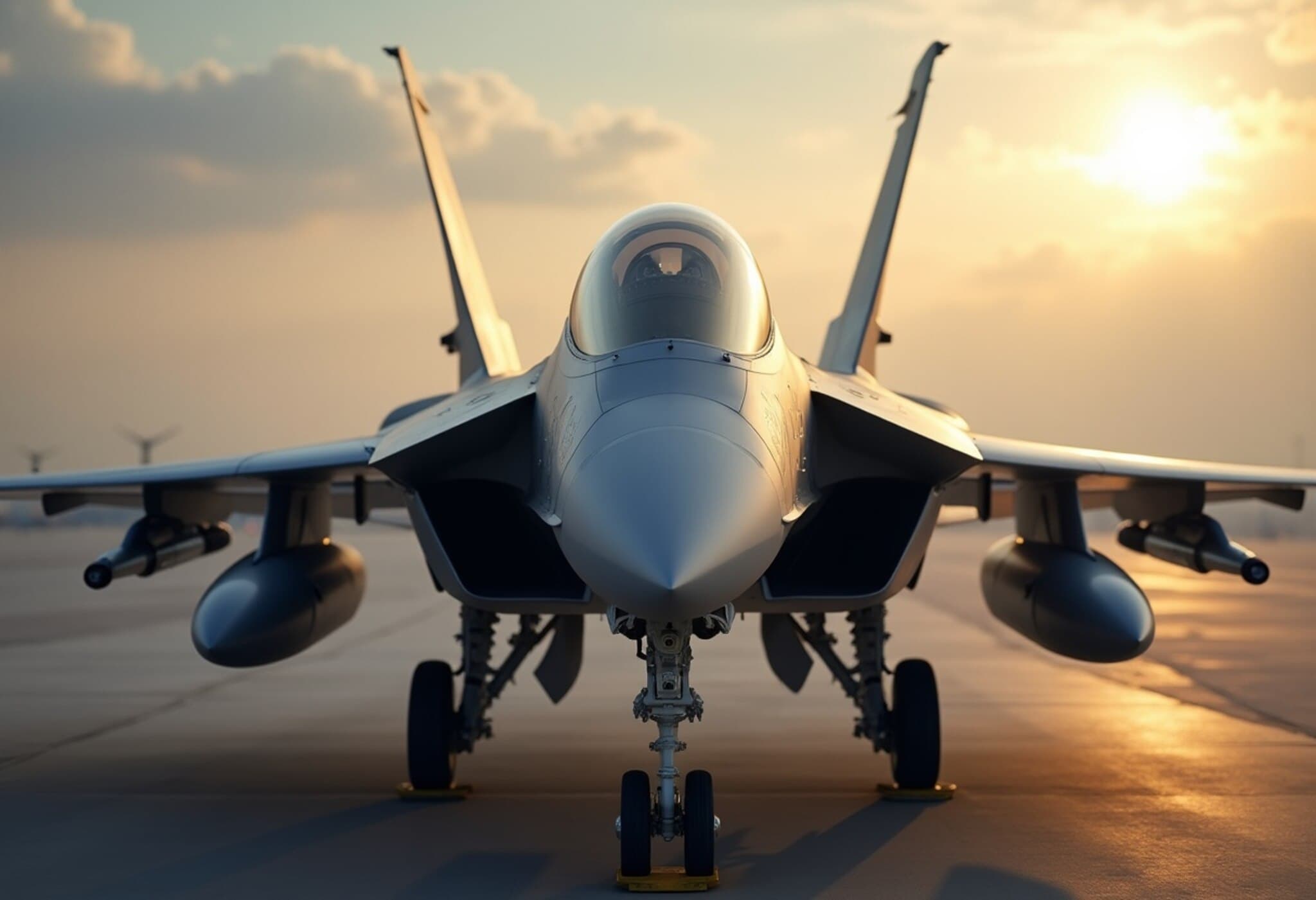Israel Escalates Military Actions Against Yemen’s Houthi Rebels Following Red Sea Assault
In a significant escalation in the volatile Middle East theater, Israel launched a series of early morning airstrikes on July 7, 2025, targeting strategic ports and facilities under the control of Yemen's Houthi rebels. This military action came directly on the heels of a daring attack on the Magic Seas, a Liberian-flagged bulk carrier, which was set ablaze and forced its crew to abandon ship in the Red Sea.
The Red Sea Attack: A New Flashpoint
The Magic Seas, en route north toward the Suez Canal, was assaulted approximately 60 miles southwest of Hodeida, the Houthi stronghold. According to maritime security experts and the UK Maritime Trade Operations center, the vessel initially endured fire from small arms and rocket-propelled grenades before being struck by bomb-laden drone boats—an indication of increasingly sophisticated Houthi tactics.
Critically, Ambrey, a renowned private maritime security firm, highlighted that two drone boats managed to hit the ship while two others were neutralized by on-board armed guards. The crew's timely evacuation and rescue by a passing vessel prevented casualties but underscored mounting risks for commercial shipping lanes in this vital international corridor.
Israel’s Military Response: Strategic Strikes on Houthi Infrastructure
In retaliation, Israel’s Defense Forces targeted key ports in Hodeida, Ras Isa, and Salif, alongside the Ras Kanatib power plant—sites reportedly used by the Houthis to receive and distribute advanced weaponry from Iran. Included among the strikes was the Galaxy Leader, a vessel commandeered by the Houthis since November 2023 and allegedly outfitted with radar to facilitate hostile maritime operations. Notably, the Galaxy Leader is connected to an Israeli billionaire but was operated by the Japanese NYK Line, and thankfully, no Israelis were aboard during the strike.
The Israeli military framed these operations as a preemptive measure against Iran-backed proxy aggression aimed at destabilizing regional security. Defense Minister Israel Katz voiced a firm stance, asserting, 'Anyone who raises a hand against Israel will have it cut off,' signaling continued readiness to escalate military pressure.
Houthi Retaliation and Regional Ramifications
Shortly after the Israeli airstrikes, Houthi forces fired missiles targeting Israel, prompting sirens and missile defense maneuvers in the West Bank and around the Dead Sea. Though the Israeli military reported no casualties, this tit-for-tat exchange heightens fears of a wider, more dangerous conflict stretching beyond the Israel-Hamas war.
The Houthis’ campaign against regional shipping and Israeli interests aligns with Tehran's broader strategic goals. Despite international efforts, Iran’s contentious nuclear negotiations hang in the balance, weighed down by recent U.S. and Israeli airstrikes on critical Iranian facilities.
Understanding the Broader Context: The Red Sea's Vital Role and Global Stakeholders
The Red Sea corridor is a crucial artery for global commerce, with over $1 trillion in trade passing through annually. The Houthis' maritime aggression, which includes over 100 attacks on merchant vessels since late 2023, has severely disrupted this flow, impacting global shipping routes and energy markets. This instability threatens not only regional economies but also international maritime security.
Experts warn that unchecked escalation in this corridor risks drawing in Western naval forces, including the U.S. 5th Fleet, further complicating an already fraught Middle East security landscape.
Expert Insight: Navigating the Complex Web of Regional Proxy Conflicts
From a policy perspective, the attacks underscore the complexities of proxy warfare, with the Houthis serving as an Iranian proxy that challenges both Israeli security and international maritime order. The situation also raises critical questions about the efficacy of current maritime security frameworks, the protection of neutral shipping, and the broader geopolitical chess match played out across Yemen, Israel, Iran, and their allies.
American and international policymakers must grapple with balancing assertive defense measures with diplomatic avenues to prevent inadvertent escalation, which could plunge the region into wider conflict.
Editor’s Note
The recent Israeli airstrikes and Houthi missile retaliations spotlight a dangerously escalating proxy conflict that threatens critical global shipping lanes in the Red Sea. As tensions ripple across the Middle East, the world watches closely: Will these cycles of violence push the region toward greater instability, or is there room for renewed diplomatic efforts around Iran’s nuclear talks and the broader Israel-Hamas conflict? The implications extend far beyond regional borders, affecting global trade, security, and geopolitical alliances.










